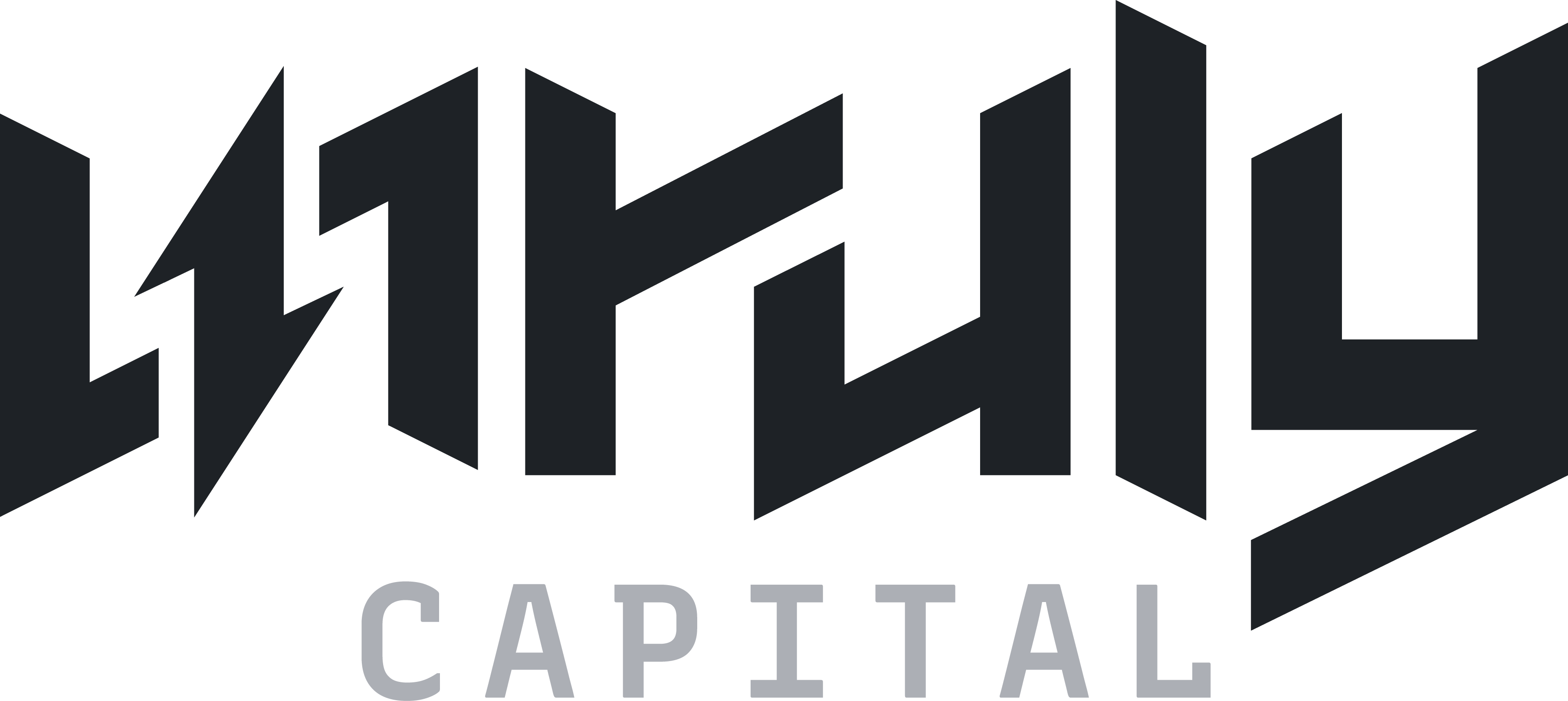Unruly's robotics thesis: hardware meets legacy services (by and with Aleks Gampel)

On the heels of our call for theses from a few months ago, in our constant search for alpha in venture, we believe we have found a little gem: a thesis built for our times with the right person to deploy it.
The world is changing faster than we can make sense of it, but there are some quite evident, undeniable and obvious trends. AI and robotics are clearly at the core of all of those, and it's our job as venture investors to mix them up with various macro trends and understand what new large companies can come out of this mix.
Some obvious macro trends of this period to concentrate on are surely population collapse in the western world, the massive skilled labour shortages and the continuous advances in batteries and motors.
The outcome feels inevitable: robots will perform more and more of the skilled and unskilled services that humans currently perform. This will enable almost limitless levels of production and innovation in all areas.
When we start combining this with our thesis around real world decentralization , the magic happens and we can really understand how more localized, modular production models become more and more realistic when you remove the humans from the loop.
The thesis
Today’s founders operate with a new calculus: driven by a growing urgency to secure autonomy over their ventures’ trajectories, they’re bypassing traditional tech playbooks in favor of leaner, asset-centric paths to profitability. Simultaneously, builders outside the AI gold rush are redirecting efforts toward tangible industries—construction, manufacturing, logistics—where technology meets physical infrastructure. This convergence forces founders to adopt blended strategies: acquiring legacy businesses, modernizing operations with embedded tech, and capturing full value chains themselves—rather than peddling SaaS to saturated markets or chasing customers indifferent to incremental innovation.
This philosophy demands a two-phase playbook for scaling real-economy dominators:
- The IP Forge (TRL 0 to commercial ready):Venture capital fuels high-risk R&D to build defensible hardware/software stacks
- Example: Cuby’s 400,000+ engineering hours to develop Mobile Micro-Factories (MMFs)
- The capital arbitrage (commercial ready+):Phase 1 – Partnership: Deploy IP via legacy incumbentsPhase 2 – Conquest: Acquire an incumbent’s business and customer base then layer IP to unlock a 10x margin expansion, fuelled by a leaner cost of capital
- (i.e., a robotics company leases its robot to an SMB incumbent in a market where they already have customer relationships)
- (i.e., acquire an SMB incumbent at a low multiple, then use debt, project finance or other alternative capital sources to expand)
“This isn’t about ‘disruption’—it’s about replacing the plumbing,” Aleks says. “First, you partner with the industry. Then, you become the industry.”
We believe purpose-specific robots will enable small upstarts to shortcut their way up the value chain by buying the distribution, but this is not a simple PE-style rollup strategy. That can certainly work, and there will be many trying those plays adding some AI to small main street businesses. But as early stage disruption-seeking investors, we believe that value is best created by building radical new technology.
Most service categories relying on expensive human labor have fully saturated their markets at the price point they can offer their service at. We believe that introducing robotics will have an incalculable impact on the world, making all sorts of services cheaper and more available.
Aleks
To help us run this thesis, we're thrilled to welcome Aleks Gampel to Unruly as an alpha seeker / investment advisor. Aleks is at the forefront both of the robotic revolution and the decentralization of the real world, so there really is no one better than him to run this strategy for us.
As co-founder of Cuby Technologies, he’s scaling a distributed network of Mobile Micro-Factories™️—a venture requiring equal parts frontier-technology expertise and real world financing savvy. We sadly got to know him at the Series B level, which doesn't make sense for our fund - but Cuby is a proper Unruly company.
We met few folks like Aleks who truly have depth to their immediate network (from founders/operators to funds – across many asset classes – to some of the world’s biggest FOs with legacies anchored in industrials/manufacturing/real estate).
Aleks is also able to think orthogonally, thanks to his leadership roles at institutional real estate private equity and development firms to hyper-growth technology companies sitting on top of the built environment.
Alex will lead our thesis on hardware/software’s transformative role in the real economy. As you've read, he is particularly interested in companies that are able to bridge venture’s high-risk R&D ethos with private equity’s cash-flow discipline.
We have already invested in companies like Kaikaku and Loki, and are actively looking to back the most unruly builders in the space. So get in touch with Aleks or us if you're also recognizing how world-changing the next few years are going to be.
